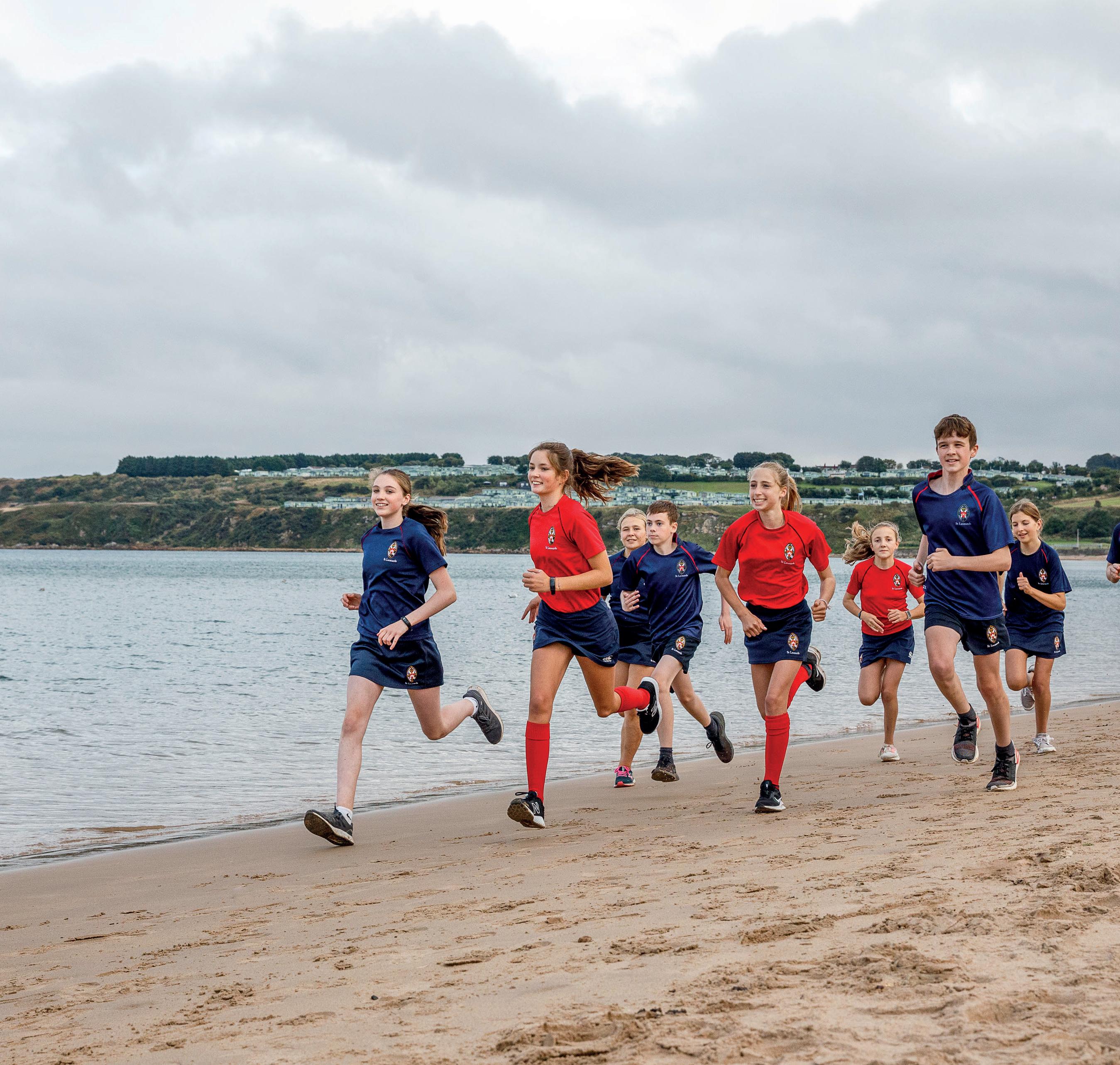






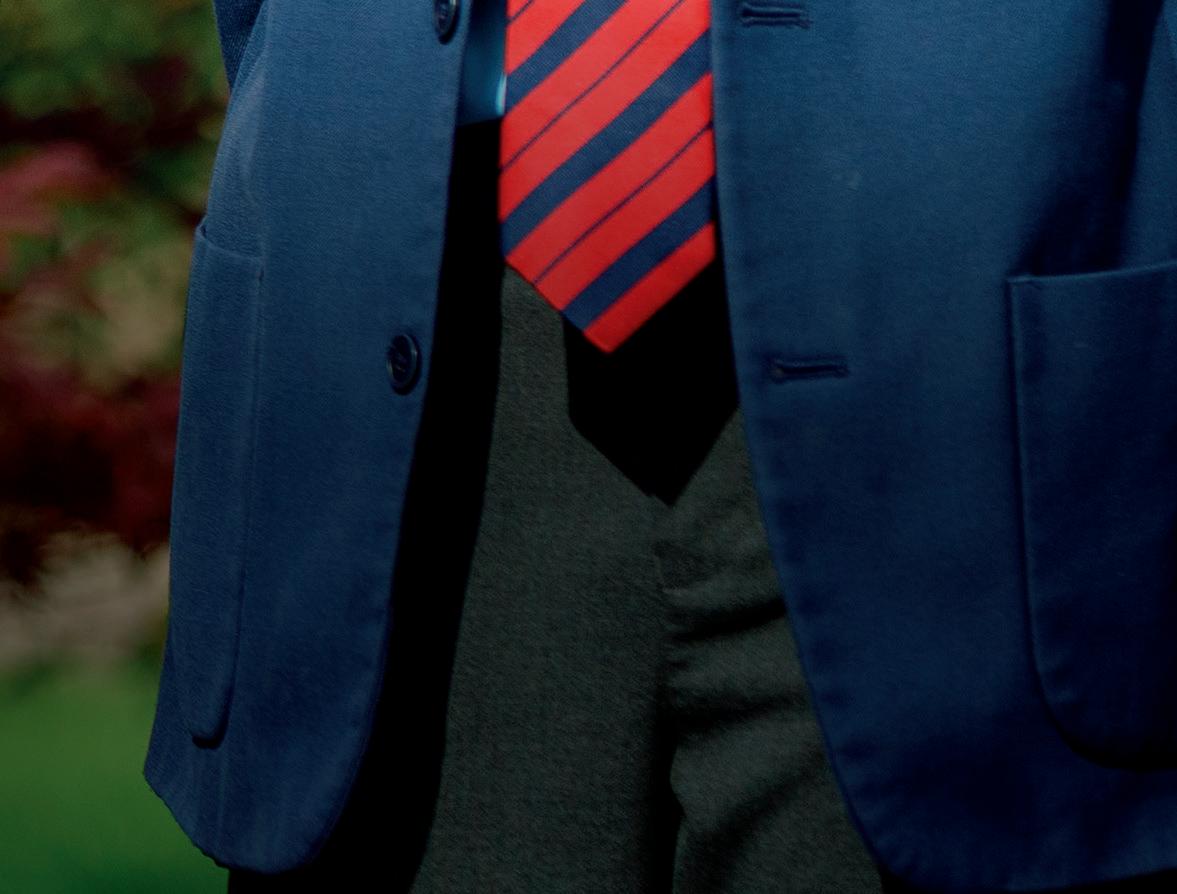
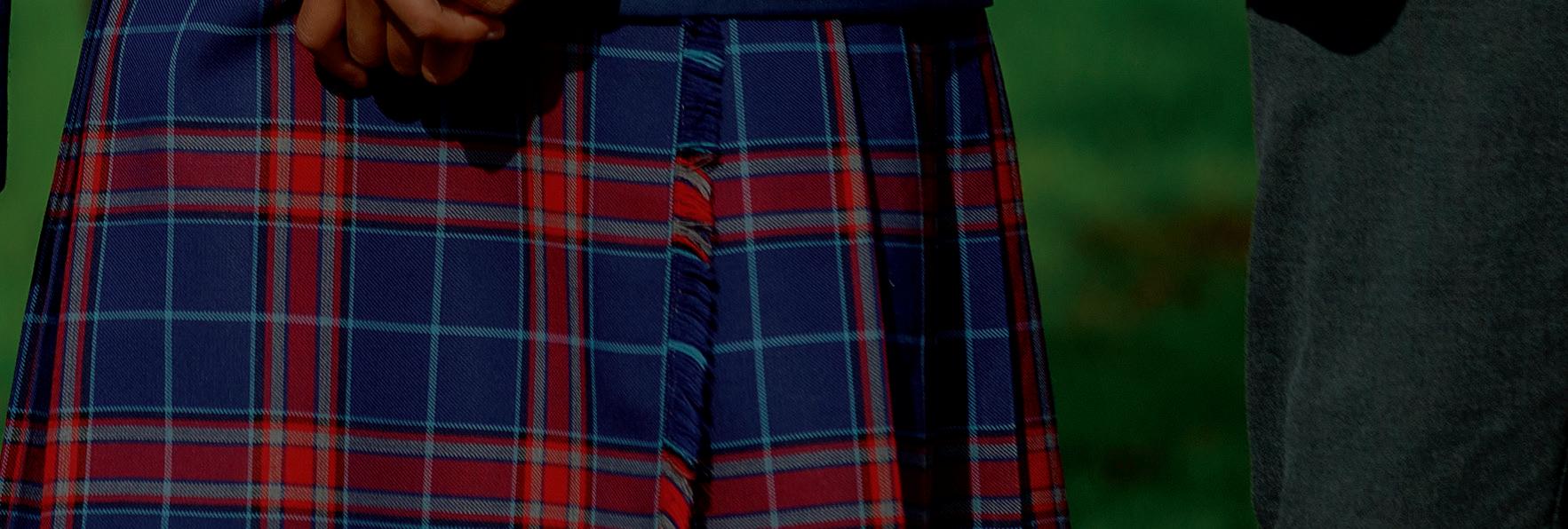
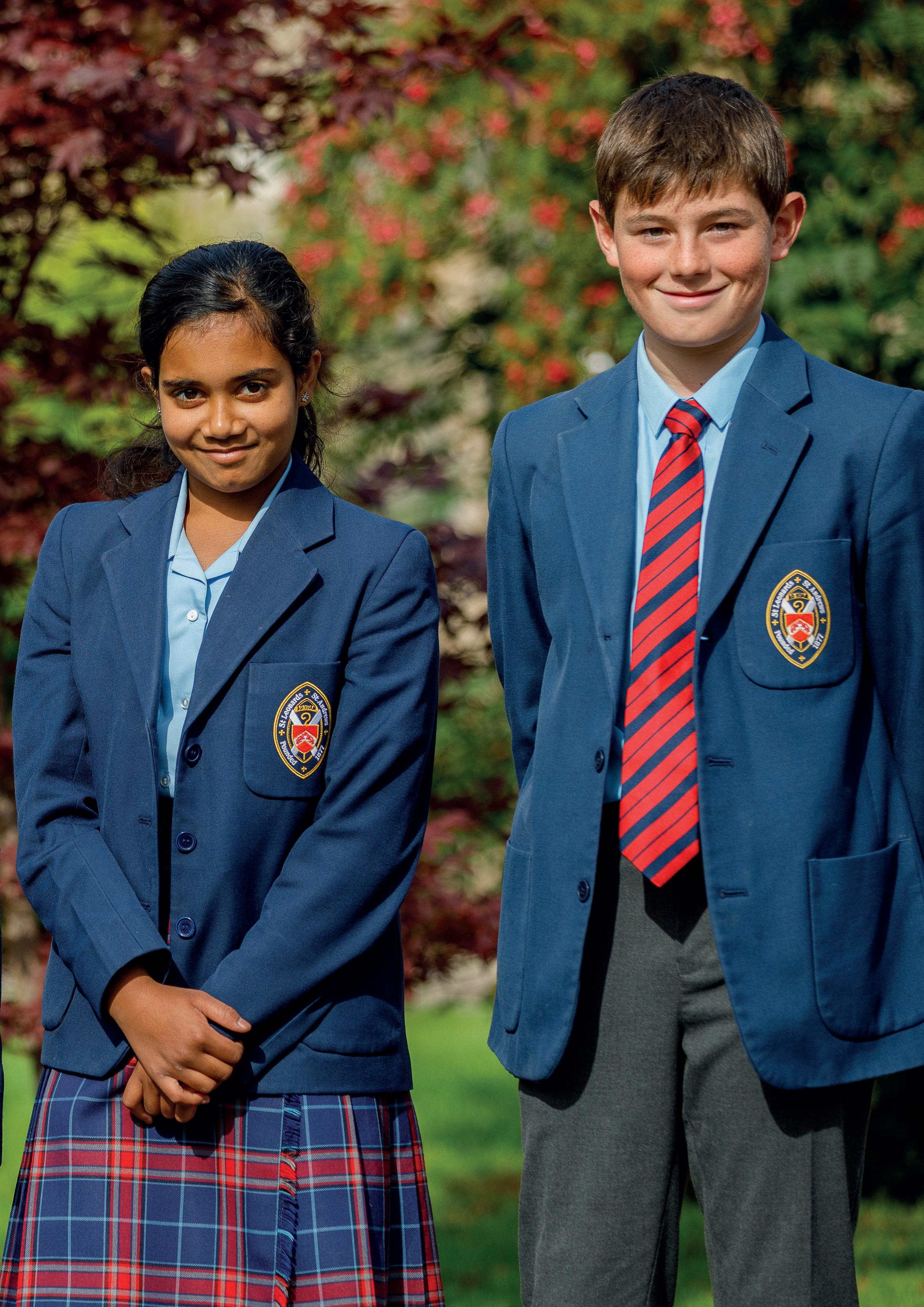
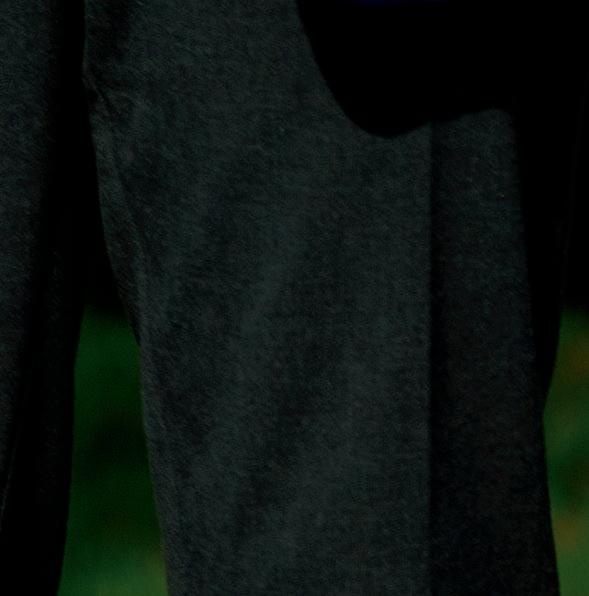
Learning lies at the heart of all that we do at St Leonards. Pupils are guided by the enlightening principles of the International Baccalaureate Learner Profile – we aim for children to become communicators, inquirers, thinkers and risk-takers who are balanced, caring, open-minded, principled, courageous, knowledgeable and reflective.
In line with this ethos, pupils in Years 7-9 follow the Middle Years Programme (MYP), a broad, forwardlooking and globally-minded curriculum. The programme seeks to instil a love of learning and, together with the extensive programme of co-curricular activities at St Leonards, ensures that pupils develop into rounded individuals who are ready to tackle the challenges and opportunities that they will face in the GCSE years, the Sixth Form and beyond.
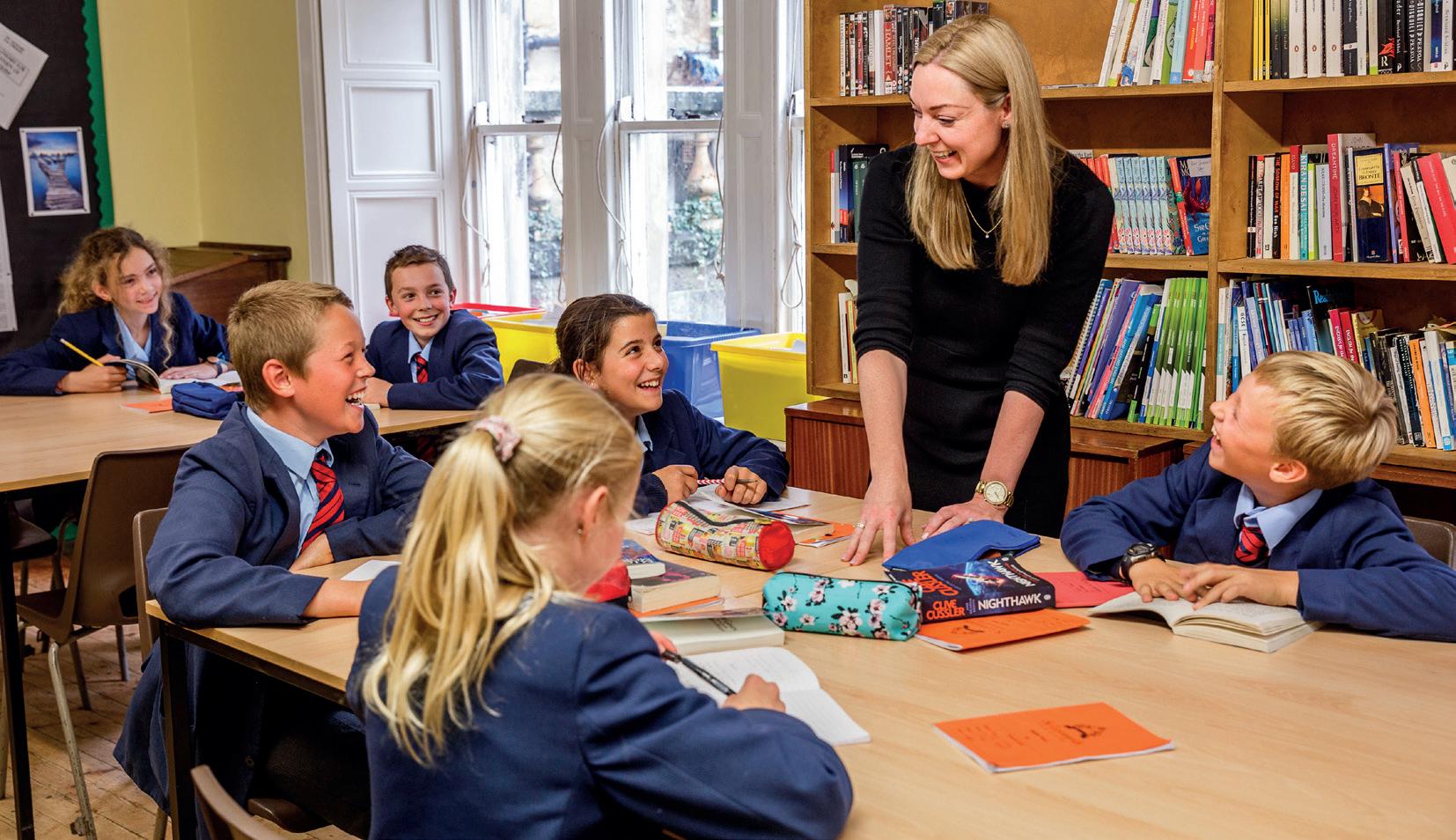
Pupils at St Leonards aspire to be:
The Middle Years Programme is subject-based and is centred round concepts that allow pupils to focus on understanding as well as knowledge. Through inquiry-based learning, pupils are taught to process, critically evaluate and communicate information, and also have the opportunity to develop their research, social, self-management and thinking skills. Young people are encouraged to reflect on their learning and to apply it outside the classroom by taking action. In doing so, pupils foster a wide range of skills, which prepare them for all that life will offer them, from further academic study to the world of work.
The programme builds upon the skills and attitudes developed in the Primary Years Programme, and is excellent preparation for the Career-related Programme or Diploma Programme, our two Sixth Form pathways. This ensures a seamless learner journey for the pupils. The curriculum is organised into eight subject areas:
1. Language & Literature – English
2. Language Acquisition – French, German, Spanish, Latin, English as an Additional Language – in Year 7, all pupils study French and Latin for the full year. In Years 8 and 9, pupils continue with Latin and can choose a language from French, Spanish and German. Pupils in Year 9 who are proficient in two languages may opt to study a further language.
3. Individuals & Societies – History, Geography
4. Sciences – Biology, Chemistry, Physics – in Year 7 there is an integrated science course.
5. Mathematics
6. Physical & Health Education – PE, Games, Swimming – encompassing rugby, hockey, football, swimming, lacrosse, athletics, tennis, cricket, netball, volleyball, tchoukball and spikeball.
7. The Arts – Visual Arts, Music – There are lots of opportunities for MYP pupils to develop skills and interests in Drama and The Arts, both curricular and co-curricular.

8. Design – encompassing textile, digital music, product, computer and theatre design.
The final aspect of the MYP is the ‘Core’ programme which includes outdoor education, service learning, and personal, health and social education, as well as approaches to learning skills.
The Student Preparation Programme (SPP) is an alternative pathway offered to pupils in the Middle Years Programme. It replaces one of their language options to help pupils achieve their potential across the whole programme. The three weekly lessons are used for a range of options, and are always staffed by teachers from within the MYP team; usually language teachers. Some pupils access this provision as they have small group or individualised learning support provisions, whilst others use SPP to allow them time to keep up on school work as they have an extensive co-curricular activity, such as the Golf Programme. Additionally, some pupils choose this pathway to allow them to work independently on a different mother tongue such as Arabic or Mandarin.
During SPP lessons, support is given to the pupils which compliments activities they come across in all their other subjects. The decision to follow this pathway is based on conversations with the Learning Support team as well as the MYP Coordinator.
Key concepts: communication, connections, creativity and perspective
The MYP Language and Literature course equips pupils with linguistic, analytical and communicative skills that help to develop interdisciplinary understanding. Pupils develop skills in six domains, both individually and with others: listening, speaking, reading, writing, viewing, and presenting. The course includes a balanced study of literary works and non-literary texts, including international literature. The interaction with a wide range of texts generates moral, social, economic, political, cultural, and environmental insights. Through their studies, pupils learn how to form opinions, make decisions, and engage in ethical reasoning.
Themes studied include: chivalry, cultural identity, the ethics of scientific advancement, and many more.
In Years 7-9, pupils who have a mother tongue other than English follow the English B syllabus, and may also receive English as an Additional Language (EAL) support for between three and six periods per week. EAL support sessions aim to scaffold language learning in other subject areas. The Department uses The Learning Village online platform to help learners develop their English language proficiency as well as their writing, reading, speaking, and listening skills.
Year 7: French and Latin
Year 8 & 9: Latin and a choice of French, Spanish or German
Key concepts: communication, connections, creativity and culture
The MYP Language Acquisition courses encourage and enable pupils to gain proficiency in an additional language, while supporting maintenance of their mother tongue and cultural heritage. The courses encourage pupils to develop a respect for, and understanding of, diverse linguistic and cultural heritages whilst developing the communication skills necessary for further language learning, study, work and leisure in a range of contexts. Pupils will develop an appreciation of a variety of literary and nonliterary texts, and develop critical and creative techniques for comprehension and construction of meaning. Pupils will understand the nature of language and the process of language learning and gain insight into the cultural characteristics of the communities where the language is spoken. Grammar is taught as an integral part of the programme through the units.
Themes studied include: customs and traditions, national identity, daily life, food and drink, and ‘the world is a village’.

In Latin, pupils focus on the nature of language and the process of language learning, which comprises the integration of linguistic, cultural, and social components. Pupils develop a respect for, and understanding of, diverse linguistic and cultural heritages which will offer insight into the cultural characteristics of these civilisations and their connection to other societies, including contemporary people and cultures. Through learning Latin, pupils will recognise and use language as a vehicle of thought, reflection, self-expression, and learning in other subjects, and as a tool for enhancing literacy. Additionally, pupils will be encouraged to reach an appropriate degree of understanding of the language and to use this for a variety of purposes including the development of an appreciation of a variety of classical texts and also the development of critical and creative techniques for comprehension and construction of meaning.
Themes studied include: Ancient drama, slavery and integration, Trojans as migrants, Heroes, Gods and Myths.
Key concepts: change, global interactions, time, place and space, systems
The Individuals & Societies course encourages and enables pupils to appreciate human and environmental commonalities and diversity. The course develops an understanding of the interactions and interdependence of individuals, society and the environment. Additionally, pupils will identify and develop concern for the wellbeing of human communities and the natural environment. Pupils will also develop inquiry skills that lead towards conceptual understandings of the relationships between individuals, societies and the environments in which they live.
Themes studied include: the power of water, technology and its impact on past societies, and migration and its effects on past societies.
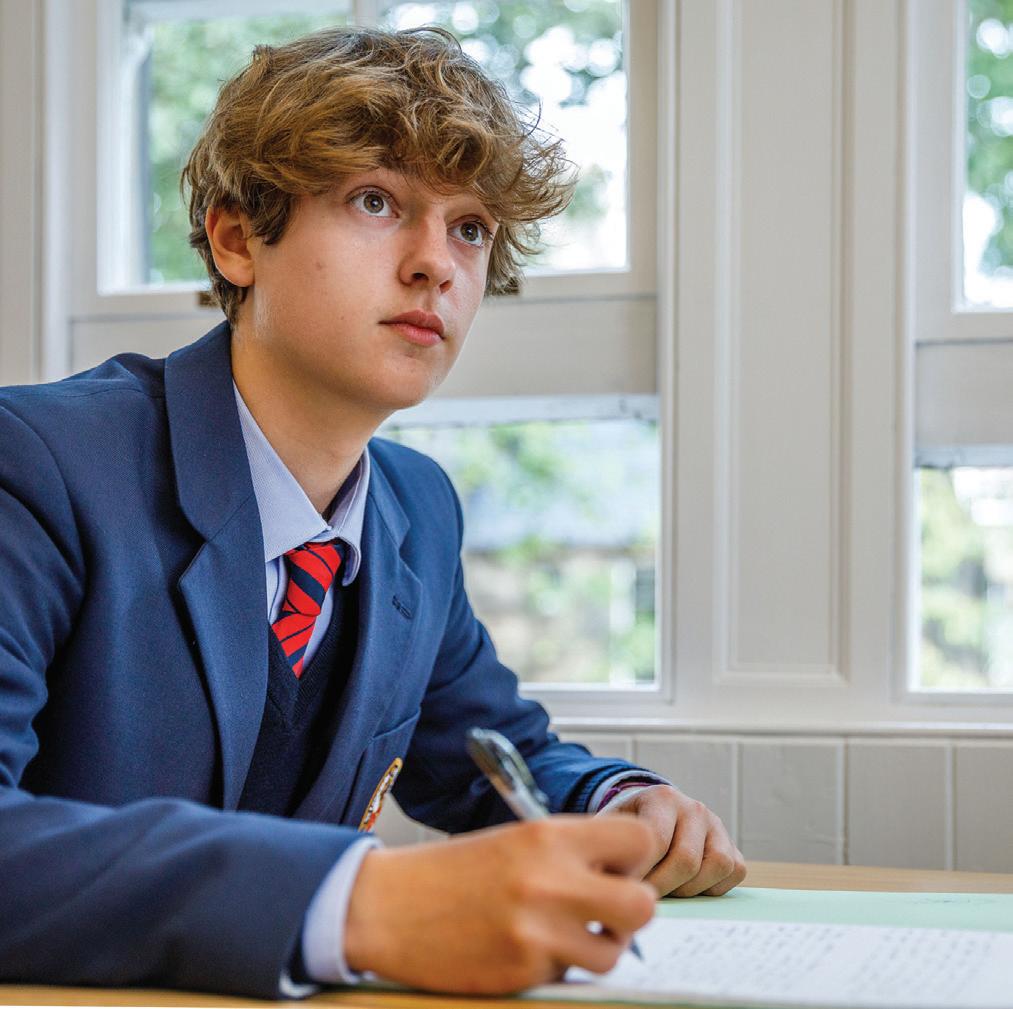
Key concepts: change, relationships and systems
The MYP Science curriculum helps pupils to build their understanding of science and its applications. Pupils are guided to independently and collaboratively investigate issues through research, observation, and experimentation. Scientific inquiry also fosters critical and creative thinking about research and design, as well as the identification of assumptions and alternative explanations. Throughout the MYP, pupils are encouraged to develop sensitivity towards living and non-living environments.
The course aims to cultivate analytical, inquiring and flexible minds that pose questions, solve problems, construct explanations and judge arguments, whilst developing a firm understanding of scientific fundamentals which will lay a platform for further study.
Themes studied include: cells and respiration, chemical reactions, light and the electromagnetic spectrum, ecology, combustion, celestial bodies, food and digestion, mechanics, plants and photosynthesis, separating techniques, electricity, genetics and evolution, oscillations, and climate change.
MYP Mathematics aims to encourage and enable pupils to enjoy mathematics, develop curiosity and begin to appreciate its elegance and power whilst developing an understanding of the principles and nature of mathematics. Pupils will develop confidence, perseverance and independence in mathematical thinking and problem-solving through logical, critical and creative thinking. Through the four branches of study – number, algebra, geometry and trigonometry, and statistics and probability –pupils will be able to apply and transfer skills to a wide range of real-life situations and other areas of knowledge and future developments. Pupils will appreciate how developments in technology and mathematics have influenced each other; the moral, social and ethical implications arising from the work of mathematicians and the applications of mathematics; the international dimension in mathematics; and the contribution of mathematics to other areas of knowledge. Finally, pupils will develop the knowledge, skills and attitudes necessary to pursue further studies in mathematics.
Themes studied include: patterns linked to mathematical identities, representation of quantities, formulae and theorems, and global number systems.
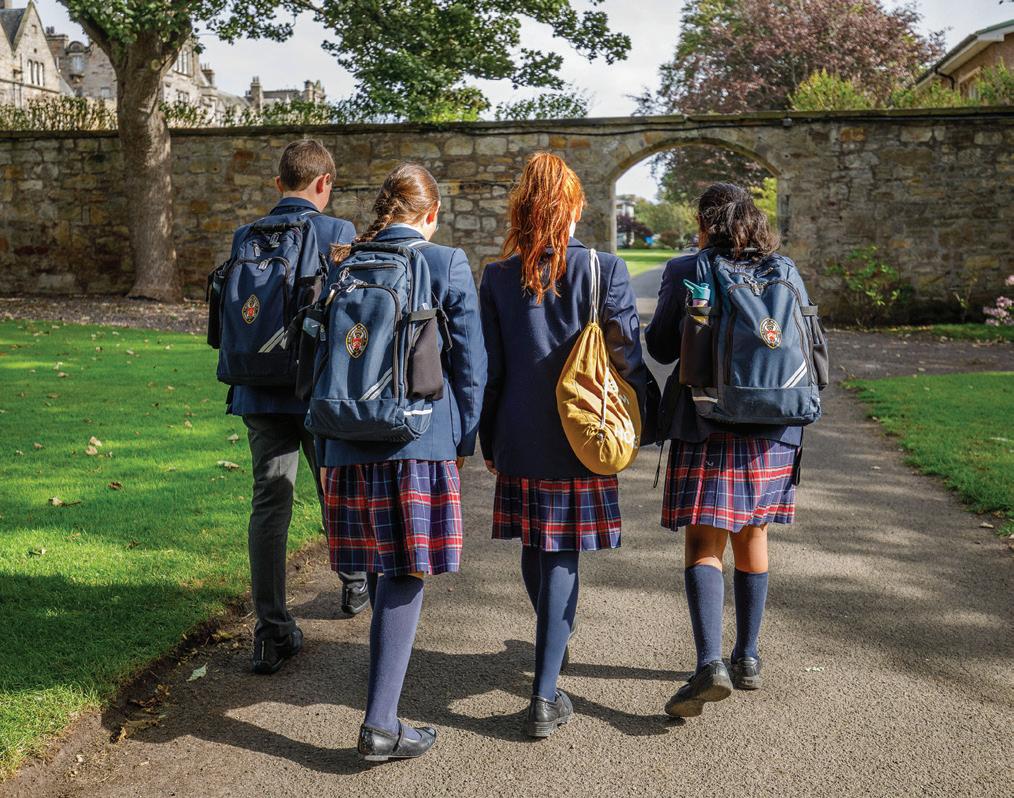
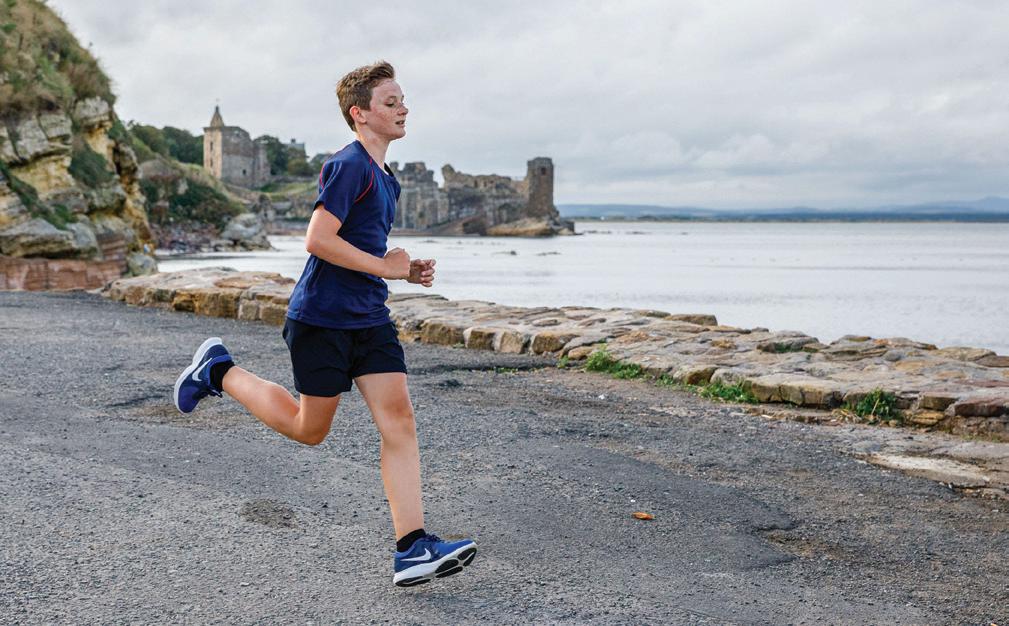
Key concepts: change, communication and relationships
MYP physical and health education encourages and enables pupils to use inquiry to explore physical and health education concepts. Pupils will develop an understanding of the value of physical activity and participate effectively in a variety of contexts. They will be challenged to achieve and maintain a healthy lifestyle and to reflect on their learning experiences. Through sports, pupils will collaborate and communicate effectively and build positive relationships and demonstrate social responsibility.
Themes studied include: fitness and wellbeing, good sportsmanship, working with others and developing skills within activities such as rugby, hockey, football, swimming, lacrosse, athletics, tennis, cricket, netball, volleyball, tchoukball and spikeball.
Key concepts: aesthetics, change, communication and identity
The MYP Arts course aims to encourage and enable pupils to create and present the Arts in Visual Art and Music. Pupils engage in a process of creative exploration and (self-) discovery as they are encouraged to make purposeful connections between investigation and practice. In each strand, pupils will be encouraged to develop a broad range of skills. Through The Arts, pupils will deepen their understanding of the world and understand the relationship between art and its contexts. Throughout the programme, pupils will also be asked to respond to and reflect upon pieces of art.
Themes studied include: ensemble building, poverty and wealth, celebrations and traditions, and the natural world.
Key concepts: communication, communities, development and systems
MYP Design aims to encourage and enable pupils to enjoy the design process and develop an appreciation of its elegance and power. Pupils will develop knowledge, understanding and skills from different disciplines to design and create solutions to problems using the design cycle. Pupils will have the chance to use and apply technology effectively as a means to access, process, and communicate information, as well as to model and create solutions and solve problems. Through Design, pupils will develop an appreciation of the impact of design innovations for life, global society, and environments. Additionally, they will appreciate past, present, and emerging design within cultural, political, social, historical and environmental contexts. As well as being creative, pupils will develop respect for others’ viewpoints and appreciate alternative solutions to problems. Finally, pupils will be expected to act with integrity and honesty, take responsibility for their own actions, and develop effective working practices.
Themes studied include: creating a textile organiser, composing a digital soundtrack, logos and packaging, coding, theatrical set design, and animalistic furniture.


The Year 9 pupils undertake an extended community project which brings together all the threads of the pupils’ three-year learning journey - this is the apex of the Middle Years Programme. The pupils identify a need or issue in the local area, propose an action, and then seek to make a meaningful difference, either as individuals or in a small group. The pupils can choose between four different types of service activity: direct service, indirect service, advocacy, or raising awareness, and always select a wide range of projects. Previous examples have included: creating welcome packs for refugees; raising awareness about marine pollution; baking for key workers; and embarking upon sponsored walks and runs to raise funds and awareness for local charities.
Pupils are assessed on an ongoing basis through formative and summative assessments. These take a variety of forms, such as debates, composing musical scores, and essays. Throughout the year, parents can track their child’s progress on Managebac, and there are also pupil-led conferences and parent-teacher meetings which enable parents to glean an insight into their child’s learning.
